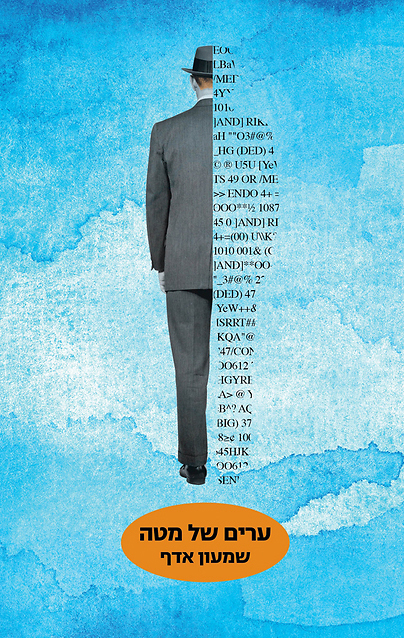
About the Undercities
During a stay in Berlin, a young Israeli – the narrator – sees a symbol that makes him feel anxious and he decides to look into its history. At the same time, we meet a brother and sister, Tveria and Akko Asido, whose childhood and adolescence are marked by their father’s attraction to an unknown, occult Jewish belief. Between the narrator’s story and that of the two siblings, the reader is led to make certain connections, leading to possible answers, but they are not accessible to the characters.
This is a mesmerizing novel about a passion to understand the world, and about the distortions that are bound up with that passion. Like all great tragedies, it grows out of the most important questions: Are we doomed to take on an identity that has come down to us through family heredity, even though it is clear to us that certain aspects are flawed or coincidental? Or should we try to develop an identity based on an alternative system offered to us by human culture? About the Undercities is the final part of the Rose of Judea trilogy. Like the other parts, it can also be read independently.

-
“Superlatives have long been heaped at poet Shimon Adaf’s doorstep, and in the novel About the Undercities he once again proves that he is worthy of them. One cannot but be impressed by his brilliant mastery of the Hebrew language…and his superb ability to dismantle and rebuild it, creating in words an alchemical reality that is both moving and a work of genius. ”
-
“It is hard to say when we last experienced Hebrew prose as a fusion of beauty and living speech or which [other] contemporary Israeli author has faced us with questions of exile, revelation and history. About the Undercities, the last part of Adaf’s trilogy, is an invitation to rethink memory as well as its importance to, and impact on magic. But at the same time, its significance for current Jewish-Israeli reality. All this in a radical version of the Bildungsroman in the age of the internet. ”
